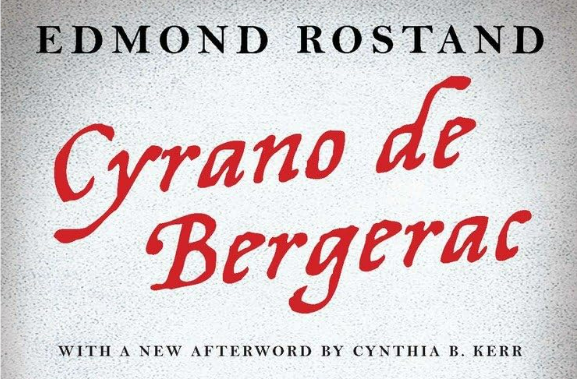Scene 4. III.
byScene 4. III. in Cyrano de Bergerac depicts a moment of despair and hunger among the cadets camped near Arras. Struggling with a lack of food, they can only imagine the feast of pheasants and carps, only to find themselves with a meager catch of a sparrow and a gudgeon. This stark reality ignites frustration and a sense of hopelessness, leading to murmurs of mutiny as they contend with their dire situation. The bleakness of their circumstances stands in stark contrast to the grand visions they had of military glory, now overshadowed by the absence of even basic sustenance.
Amidst this frustration, Carbon de Castel-Jaloux, their captain, calls on Cyrano for help, hoping for a boost to the men’s morale. Cyrano, with his characteristic wit and calm demeanor, steps forward, book and pen in hand, ready to tackle the despair with humor. His presence is immediately felt as he lightens the mood, joking that their empty stomachs could serve as drums for the impending battle or suggesting they could “eat patience” or the pages of the “Iliad” he carries with him. These jokes not only deflect the tension but also bring some levity to the cadets, reminding them of the power of the mind and words to overcome physical hunger.
Despite the men’s vocal hunger and desperation, Cyrano chooses to focus on their spirit and morale, rather than their immediate physical needs. He elevates the idea of dying for a noble cause, using his poetic nature to romanticize their predicament, and framing it as a worthy and heroic sacrifice rather than an inevitable defeat. His attempt to shift their focus from their dire situation emphasizes resilience, urging the soldiers to find dignity and strength, not in their immediate conditions, but in their higher purpose. Cyrano’s words underscore the idea that their valor comes not from their physical state, but from their unwavering commitment to their mission and camaraderie.
To further lift the cadets’ spirits, Cyrano orders Bertrand, the fifer, to play traditional country airs on his flute. By evoking memories of home and simpler times, Cyrano uses music as a distraction, taking the men’s minds off their hunger and reminding them of their heritage. The haunting melodies of the Languedoc region serve as a powerful connection to their roots, making them feel closer to the comforts of home even in the midst of war. Cyrano’s leadership, through this small yet meaningful gesture, reinforces the theme of camaraderie and resilience in the face of adversity. His ability to blend humor, poetry, and nostalgia provides the soldiers with the emotional strength they need to face the challenges ahead.
This chapter perfectly encapsulates the balance of humor and tragedy that defines Cyrano’s character and the larger themes of Cyrano de Bergerac. While the cadets’ situation is grim, Cyrano refuses to succumb to despair, choosing instead to confront their hardships with dignity, humor, and a focus on the collective spirit. This resilience, underpinned by camaraderie, creates an emotional depth in the characters and the narrative. Cyrano’s ability to find lightness in the darkest of circumstances serves as a testament to his strength of character and leadership, offering a profound message about the importance of maintaining one’s spirit even in the most trying of times.
This scene invites readers to reflect on the complexities of human resilience and the profound impact that leadership, humor, and shared experiences can have in uniting individuals during times of hardship. Cyrano’s actions highlight the timeless lesson that even when faced with seemingly insurmountable challenges, the strength of the human spirit, fueled by camaraderie, humor, and hope, can help individuals push through adversity. The chapter serves as a reminder that, in the face of hunger, despair, or any hardship, it is often our mental and emotional strength that defines our ability to overcome.


